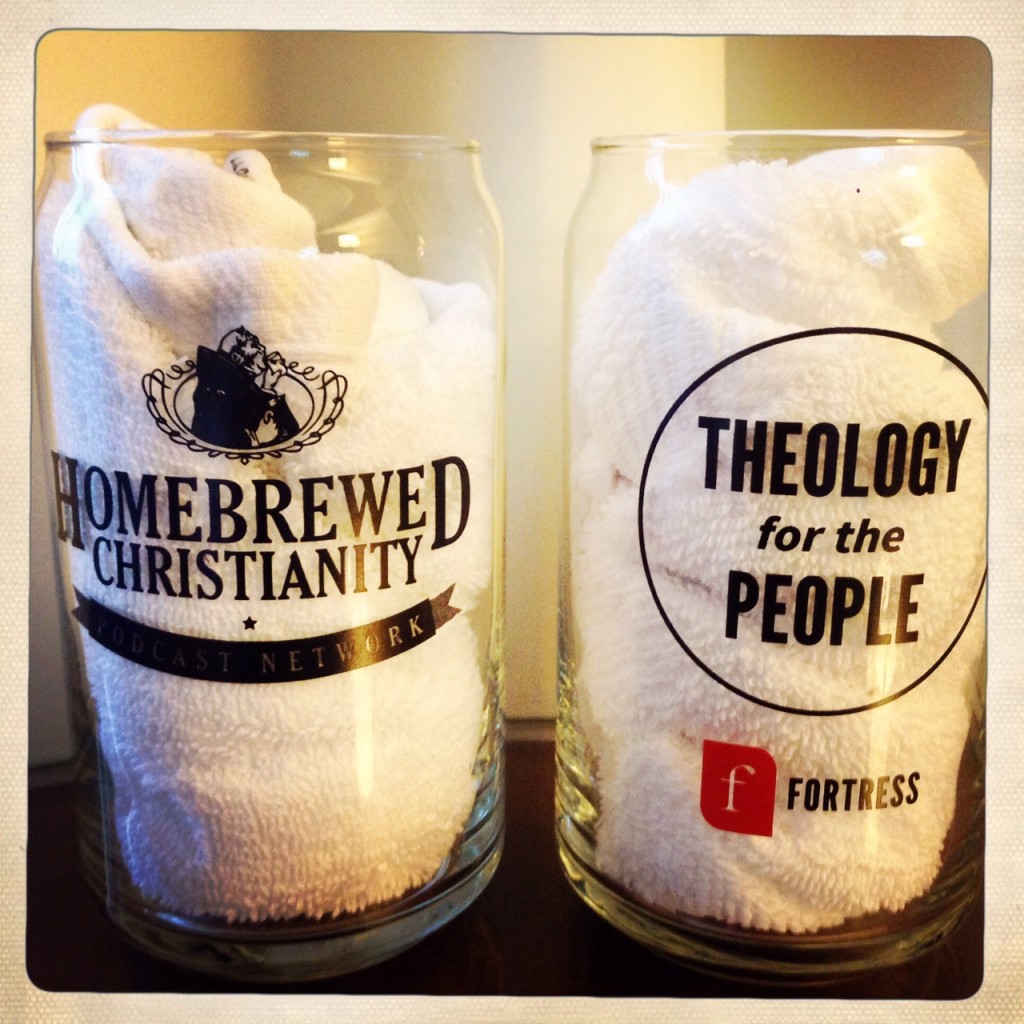I’ve been thinking more about the post I wrote last week about Daniel Kirk‘s new book, Jesus Have I Loved, but Paul?: A Narrative Approach to the Problem of Pauline Christianity.
Daniel takes a generous but conservative posture toward homosexual behavior in chapter nine of his book, the chapter that I was asked to review. He gets there by doing three things:
- He basically discounts the passages from the Hebrew Scripture that relate to homosexuality. Because the Christian church doesn’t consider other Old Testament prohibitions binding on us today, it’s unreasonable to take the sexual prohibitions at face value. I agree.
- He argues that the silence of Jesus is meaningful. More on this below.
- He argues that the Pauline mentions of homosexuality in Romans 1 and 1 Corinthians 6 develop a normative, Christian sexuality — which is heterosexuality. I expressed my disagreement with him in this regard last week.
But here’s another sticking point with Kirk’s logic. He writes that it’s often difficult to make an argument from silence. Yet he notes that many of us who argue for the full acceptance of GLBT persons in the church like to say that if Jesus didn’t want gays in the church, he would have said something. Fair enough.
Kirk goes on to argue that Jesus’ silence on this matter does just the opposite: Jesus silence on the issue of homosexual behavior is, in effect, an implicit endorsement of the Jewish teaching of his day; namely, that homosexual behavior is a sin. In other words, if Jesus had wanted to overturn the teaching if his day, he would have spoken out against it, as he did with several other behaviors.
But here’s the rub: apply that logic to any number of other moral or ethical issues, and I’ll bet that Kirk and his fellow evangelical biblical scholars don’t agree. For instance, Jesus was silent about:
- Slavery
- Abortion
- The death penalty
- Corporal punishment
- Racism
- Rape
I could go on. Does that mean that we should argue that Jesus was implicitly endorsing each of these? Of course not.
You just cannot argue, one way or the other, from Jesus’ silence. Which leaves us, according to Kirk’s thinking, with two passages from Paul that are keeping practicing gays out of the church. And, if you ask me, that’s not enough biblical weight to disqualify millions of people from leadership in the church.











